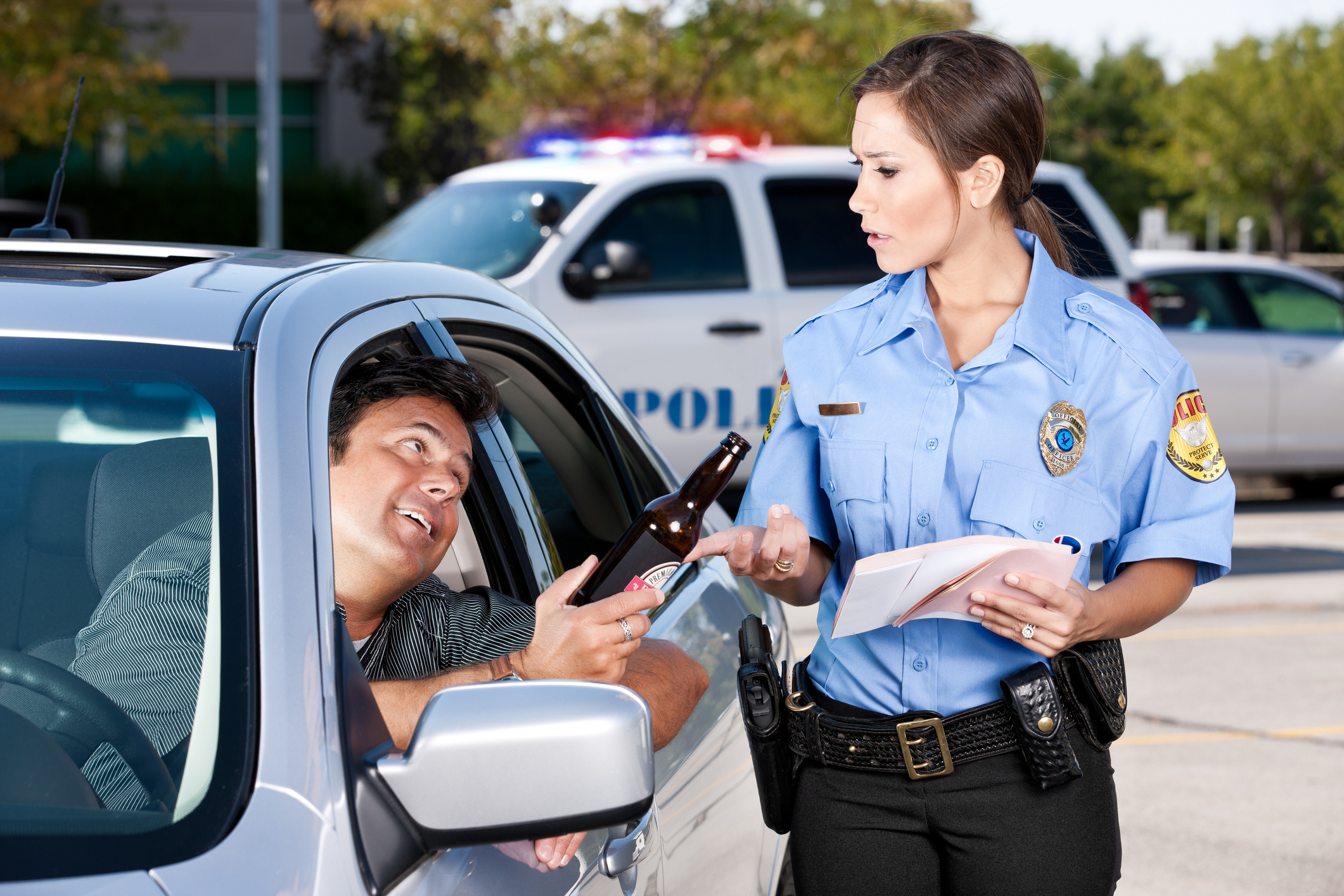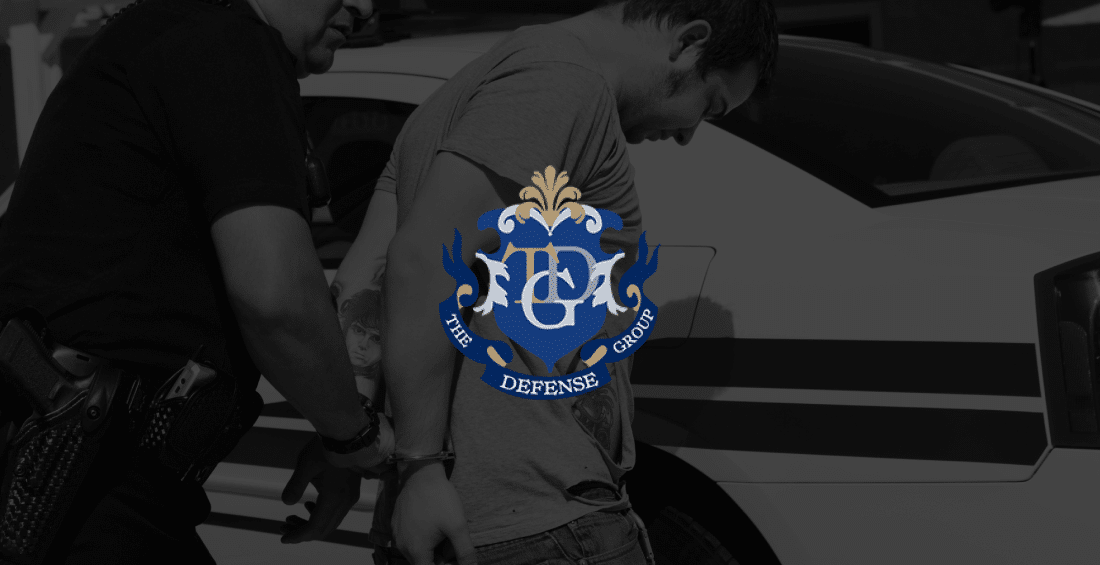Using the 10-Day Rule to Challenge a License Suspension After a DUI Arrest
A lot happens quickly when you’re stopped on suspicion of driving under the influence (DUI). The officer will likely ask you to take a Breathalyzer test, and if you refuse or have a result over the 0.08 percent limit in Florida, you will be arrested. Your driver’s license is also suspended immediately. The officer will provide you with a temporary driving permit that lets you drive for essential reasons, such as to get to work, for 10 days. After that, your license will generally be suspended for a minimum of six months, depending on the type of charge and whether you have any previous DUI convictions — unless you take action.
A DUI attorney can help you respond to your charges and protect your driving privileges, but you must do so within 10 days if you want to challenge the suspension. Learn more about the 10-day rule and what happens after you’ve been arrested for DUI below.
What Is the 10-Day Rule?
The 10-day rule in Florida refers to the amount of time you have following a DUI arrest to request a hearing to challenge your license suspension. When you are arrested for driving under the influence, your license is immediately confiscated. While the officer will issue a temporary permit so you can legally drive for essential reasons, this is only good for 10 days. You must request a hearing with the Florida Department of Highway Safety and Motor Vehicles to fight the suspension and try to keep your driving privileges. The clock starts when you are arrested, and you have 10 calendar days to submit your request.
If your request to keep your license is denied, your attorney can talk with you about other potential options. For example, you may be able to apply for a hardship license, which allows you to drive for specific reasons, including work. There are particular requirements for a hardship license, which can include completing an alcohol treatment program and DUI school. If this was not your first DUI arrest, you may have a mandatory waiting period of a year or more before you can apply for a hardship license.
What Happens If You Don’t Request a Hearing?
If you don’t request a hearing within the 10-day timeframe, your license suspension will automatically go into effect on the 11th day. How long the suspension is in place depends on the type of charge. A first-offense DUI has a minimum license suspension period of six months, but this can be enhanced to three years or more if someone is injured in the process. A second-offense DUI carries a potential license suspension of at least five years if the previous conviction was in the last five years. A third offense within 10 years is a felony DUI and can result in at least 10 years of suspension, and a fourth conviction results in a mandatory permanent revocation of your driver’s license.
Without a driver’s license, many people find it challenging to maintain their jobs, get to medical appointments, and transport their children to school. If you have to rely on rideshare and delivery services, it can cause significant financial strain, and asking friends and family for rides can be inconvenient and eventually strain the relationship. Many people find that the loss of independence and isolation also affects their mental health.
What Is the Hearing Process?
The request for a hearing to challenge your license suspension is an administrative process that is separate from any criminal proceedings related to your arrest. When you request a hearing within the 10-day timeframe, you will receive a notice that provides the time and date of the hearing. Once you hire an attorney, they will begin working on your case immediately, gathering evidence to show why you should be able to retain your license. At the hearing, they will present this argument, including presenting evidence and calling witnesses, if necessary, and a decision will be made as to whether the license suspension stands.
These hearings are different from criminal hearings, and it’s essential to have an attorney who is familiar with these types of cases and can successfully argue your position. At The Defense Group, we’ve helped countless clients fight a license suspension and retain their independence.
What Is the Process for License Reinstatement?
If you don’t request a hearing within 10 days and your license is suspended, you will need to go through the process of having your license reinstated when the time is up. In many cases, you may have to go through DUI school and have an ignition interlock device installed on your vehicle. You will also generally need to show that you have obtained an adequate insurance policy, which will require an FR-44 in Florida. You will also need to pay the license reinstatement fees. Fighting the suspension immediately after the arrest and keeping your driver’s license may help you avoid some of these penalties.
Not being able to drive impacts every aspect of your life, from how you get your groceries to whether you can reliably get to work. If you’ve been arrested for DUI and are faced with the possibility of losing your license even for just a few months, the team at The Defense Group can help you challenge the suspension and potentially retain your driving privileges. You only have a limited amount of time to respond, so it’s essential to act quickly. Call 407-743-8430 today to speak to a member of our team about your case.











